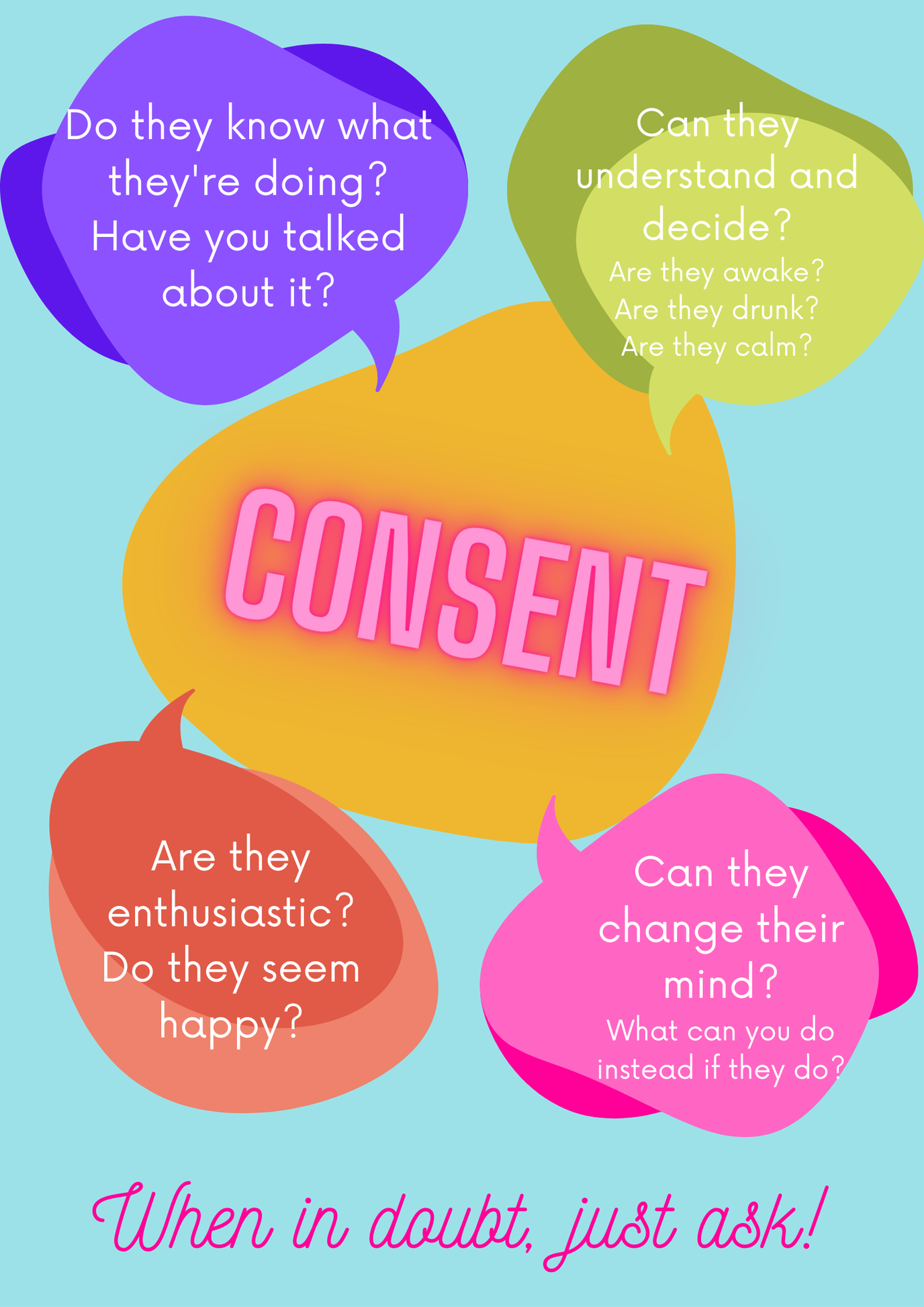KS5 PSHCE

7th February 2025
Year 12: Diversity and Inclusion
“Prejudice is a burden that confuses the past, threatens the future, and renders the present inaccessible.” – Maya Angelou.
This powerful quote set the tone for a series of activities with Year 12s, where students explored the importance of diversity and inclusion. Through discussions, they examined the value of living in a diverse society and gained a deeper understanding of the harmful effects of prejudice and discrimination on individuals and communities. They also studied the rights and responsibilities outlined in the Equality Act (2010), reflecting on how these principles promote fairness and equality. Interactive role-plays brought these lessons to life, allowing students to practise strategies for challenging prejudice and fostering inclusion in real-world scenarios. Inspired by Maya Angelou’s call for empathy and understanding, students engaged in activities such as crossword puzzles and collaborative workshops to strengthen their knowledge. They explored how cultural diversity enriches relationships and why celebrating differences is essential for building stronger connections. The programme also addressed pressing issues like extremism and radicalisation, teaching students how to recognise dangers and seek help safely. By the end of the programme, students will be empowered to be advocates for inclusion, demonstrating that through awareness, education, and compassion, they can help create a community where everyone feels valued and respected.
Miss Mang’oli
Year 13: Understanding Intimate Relationships and Consent
In our recent Year 13 PSHCE lessons, we have been exploring intimate relationships, strongly emphasising consent as a fundamental aspect of healthy connections. Through discussions, role-play activities, and real-life case studies, students have gained a deeper understanding of communication, trust, boundaries, emotional well-being, and personal values in relationships.
A key focus has been on what consent truly means—that it must be freely given, informed, enthusiastic, and ongoing. Students have explored the importance of clear communication, respect for boundaries, and recognising verbal and non-verbal cues. We have also discussed the legal and ethical aspects of consent, the role of peer pressure, and how societal and digital influences can shape attitudes toward relationships.
These lessons have provided a safe and supportive space for students to engage in honest conversations, challenge harmful misconceptions, and develop the confidence to set and respect boundaries. By fostering critical thinking and self-awareness, we aim to empower students to make informed, respectful, and responsible choices in their relationships.
As we continue with our PSHCE curriculum, we encourage students to apply these insights in their daily lives, ensuring that mutual respect, understanding, and consent remain at the heart of all their relationships.
Miss Ohaga









